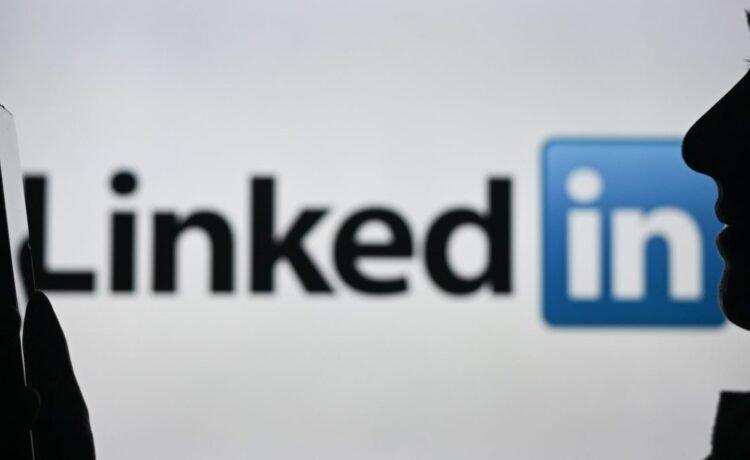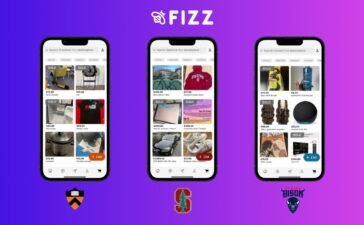LinkedIn has confirmed it will no longer allow advertisers to target users based on data gleaned from their participation in LinkedIn Groups.
The move comes more than three months after a collective of civil society groups filed a complaint with the European Commission (EC) over a potential violation of the Digital Services Act (DSA). The DSA is a set of regulations that came into force across the bloc in February, designed to set a strict governance framework for online content, as well as set out obligations on areas such as algorithmic transparency and how advertisers are able to target users.
The Microsoft-owned business social network first launched Groups back in 2010 as a way for users to connect around specific shared areas of interest. Following various attempts at making the product a standalone app, LinkedIn doubled down on the initiative from within the main flagship LinkedIn app starting in 2018.
In response to the complaint it received in February, the EC wrote to LinkedIn to request further information on how it might be enabling targeted ads based on sensitive personal data such as race, political allegiances, or sexual orientation. While LinkedIn maintained that it complied with the DSA, the company has now removed the ability for advertisers to “create an advertising audience” in Europe using LinkedIn Group membership data.
Patrick Corrigan, LinkedIn’s VP for legal and digital safety, said that while it disagreed that its platform could be used “indirectly” by advertisers to target users on special categories of data, it has chosen to remove this feature anyway.
“We made this change to prevent any misconception that ads to European members could be indirectly targeted based on special categories of data or related profiling categories,” Corrigan wrote on LinkedIn today. “The change is effective now for all new advertising campaigns.”
It’s important to note that LinkedIn has done this voluntarily, a move evidently designed to nip the investigation in the bud early — after all, its parent company Microsoft is already facing a raft of regulatory hurdles in Europe over various alleged misdemeanours. LinkedIn will still allow targeted advertising, just not using data garnered from LinkedIn groups.
“The Commission will monitor the effective implementation of LinkedIn’s public pledge to ensure full compliance with the DSA,” EU internal market commissioner Thierry Breton said in a statement today. “While we will remain vigilant, it is positive to see the DSA delivering change that no other law has attained so far, in Europe and beyond.”
Today’s announcement comes a week after the EC revealed it was designating Chinese e-commerce marketplace Temu as a “very large online platform” (VLOP) under DSA regulations, meaning it will now face additional scrutiny due to its reach. Temu was the 24th such company to be classed either as a VLOP or very large online search engine (VLOSE).
You Might Also Like
Fizz, the anonymous Gen Z social app, adds a marketplace for college students
Teddy Solomon just moved to a new house in Palo Alto, so he turned to the Stanford community on Fizz...
HealthEquity says data breach is an ‘isolated incident’
On Tuesday, health tech services provider HealthEquity disclosed in a filing with federal regulators that it had suffered a data...
Roll20, an online tabletop role-playing game platform, discloses data breach
The popular online tabletop and role-playing game platform Roll20 announced on Wednesday that it had suffered a data breach, which...
Fisker asks bankruptcy court to sell its EVs at average of $14,000 each
Fisker has a willing buyer for its remaining inventory of all-electric Ocean SUVs, and has asked the Delaware Bankruptcy Court...









